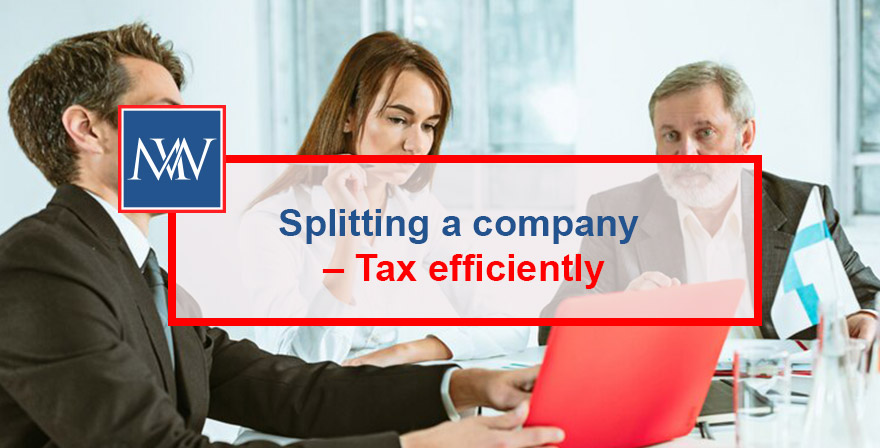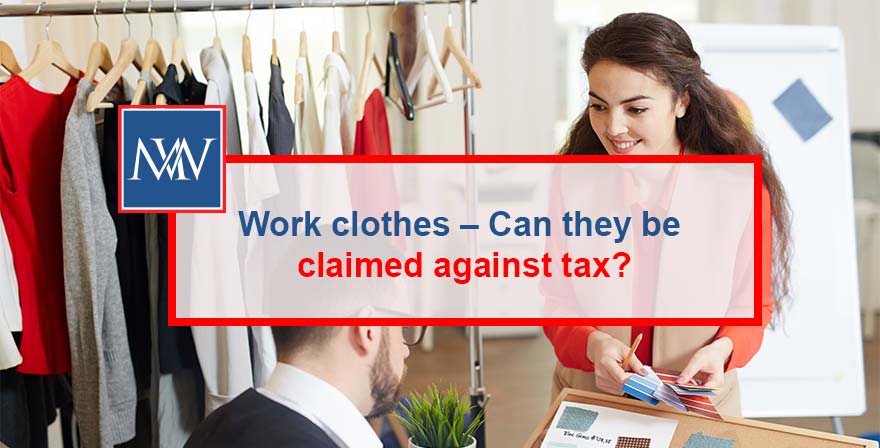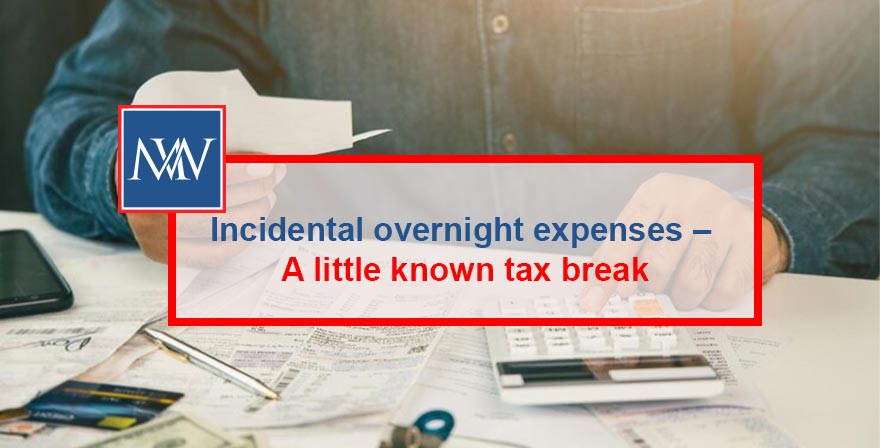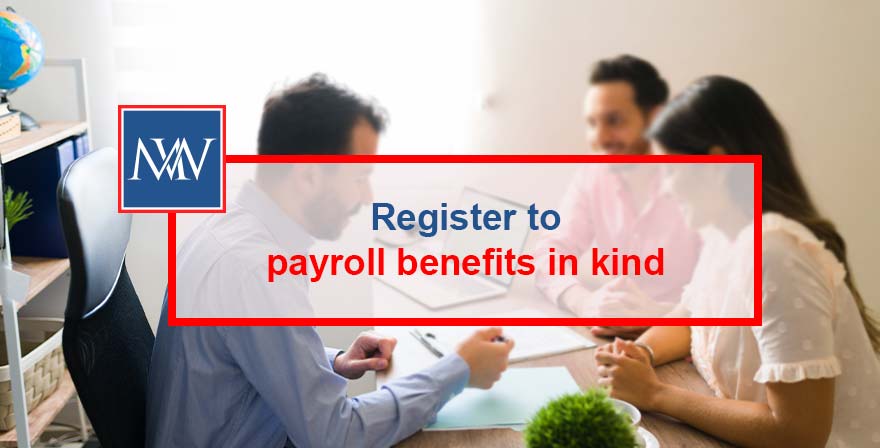Splitting a company – Tax efficiently
Most private companies start as sole owner-managers; roll on a few years and some will have grown such that family members may also work for the business, responsible for different departments or types of businesses, or grown such that there is more than one business under the company name. Family members may wish to take
Learn More







